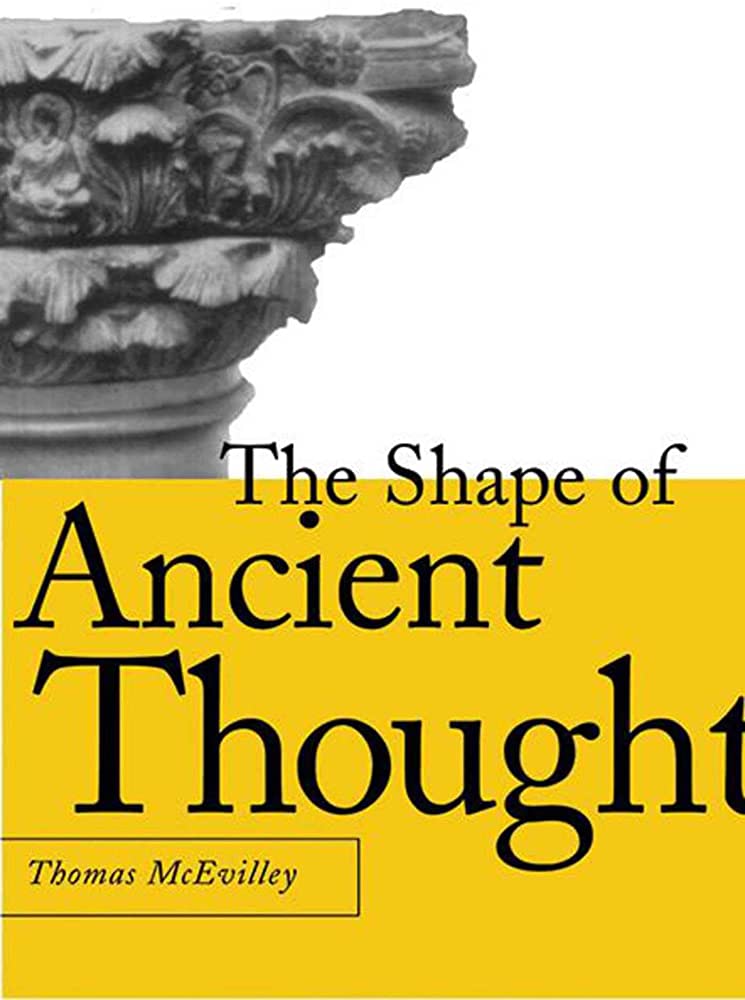Ancient Greece and Ancient China were two major civilizations that existed in different parts of the world in different time periods. Both have left a lasting impact on human history and culture. Ancient Greece was comprised of independent city-states and had a democratic form of government. They were known for their gods, philosophy, architecture and literature. Ancient China was based on a feudal system, with emperors at the top of the social hierarchy, and their religious beliefs were centered around Confucianism and Taoism. They made significant contributions to mathematics, astronomy, medicine, engineering and warfare, as well as art and literature.
Ancient Greece vs. Ancient China: A Comparative Study of Two Great Civilizations
Introduction
Ancient Greece and Ancient China are two great civilizations that existed in different parts of the world in different time periods. Both civilizations have left a lasting impact on human history, and their contributions in science, arts, philosophy, and literature are still recognized today. Although they developed independently, there are some fascinating similarities and differences between the two civilizations.
Geographic and Historical Background
Ancient Greece, located in Southern Europe, was situated along the Aegean Sea and the Mediterranean Sea. It was comprised of independent city-states such as Athens, Sparta, and Corinth. The civilization flourished from the 8th century BCE to the 6th century CE, which is commonly referred to as the “Classical Period.”
Ancient China, on the other hand, was located in East Asia and was known as the “Middle Kingdom.” The civilization started around 1600 BCE, Dynasty of Xia that emerged during the Bronze Age, comprising of several dynasties like Han, Qin, Tang and Ming. The Great Wall of China was built by the Ming dynasty. Ancient China remained under dynastic rule until the early 20th century.
Religion and Philosophy
Ancient Greece was home to the Greek gods, which played a significant role in their culture and belief systems. Acropolis was an important site of religious worship while philosophers like Aristotle and Plato were famous for their philosophical teachings that have greatly influenced Western thought.
Ancient China’s religious beliefs were centered around Confucianism and Taoism, both of which originated in China. Confucianism was a way of life that emphasized moral values, societal duties and respecting elders while Taoism focused on living in harmony with nature and rejecting materialistic pursuits.
Science and Technology
Ancient Greece made significant advancements in the fields of mathematics as Euclid, the father of Geometry and modern calculus, is from Greece. They also introduced the concept of scientific inquiry, which is based on logical reasoning and experimentation.
Ancient China contributed to the development of mathematics, astronomy, medicine, and engineering. The Chinese also invented gunpowder and the compass, which had a significant impact on warfare and navigation.
Art and Literature
Ancient Greece was known for its architectural beauty, including the Parthenon and Colosseum. Greek literature included famous epics such as “The Iliad” and “The Odyssey” by Homer and important works like Plato’s “Republic.”
Ancient China’s art was characterized by intricate pottery, jade carvings, and calligraphy. Literature was also an important aspect of Chinese culture, with classics like “The Analects” by Confucius and “The Art of War” by Sun Tzu.
Daily Life and Social Structure
Ancient Greece had a democratic form of government in Athens, while Sparta was more militaristic and had a monarchy. Slavery was a common practice in Ancient Greece, and women had limited rights and were not involved in politics.
Ancient China was based on a feudal system, with emperors at the top of the social hierarchy. The Civil Service Examination System was used to select government officials based on merit, rather than wealth or social status. Women had limited rights but could attain significant power in imperial courts.
Conclusion
In conclusion, while Ancient Greece and Ancient China had many differences, they also shared many similarities, particularly in science, literature, and culture. Both civilizations contributed significantly to human history and paved the way for modern developments in a variety of fields. Understanding these two civilizations and their unique features is instrumental in understanding how the world has evolved and how it has arrived at its present state.
